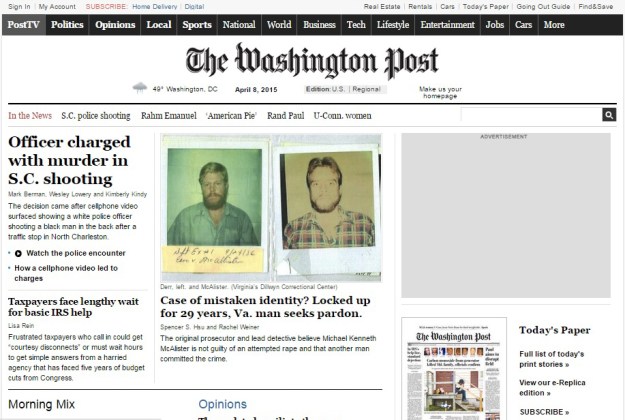In a comment way back the middle of last month, Bryan linked to one of my favorite bits in “The Right Stuff” (which is saying something, since I love all of that film). It’s the scene in which The Media (portrayed throughout the film as an overexcited colonial animal constantly emitting motor-drive sounds like the ever-present background noise of crickets in the night) ask Dennis Quaid’s Gordon Cooper, “Who was the best pilot you ever saw?”
Cooper beams, and the viewer smiles with him, because we know the character loves to pose that question rhetorically, and answer it himself with, “You’re lookin’ at him.”
But then he gets serious, and says thoughtfully, hesitantly, in a low voice:
Who is the best pilot I ever saw? I’ll tell you. I’ve seen a lot of them, and most of them were pictures on a wall… back at some place that… doesn’t even exist anymore….
That’s a reference to Pancho’s Happy Bottom Riding Club, a run-down, low-rent bar and grill (as portrayed in the film, anyway) in the desert outside Edwards Air Force Base, where test pilots who had been killed in the line of duty were honored by having their pictures nailed up behind the bar. Pancho’s had burned down a number of years before Cooper became an astronaut.
Well, I just had a moment of wistful remembrance like that of Cooper’s.
I was on my way to an appointment on Market Street, which runs between Bluff Road and Key Road just south of Williams-Brice Stadium. And as I turned off George Rogers onto Key, I was shocked to see that the building housing The State‘s (and The Columbia Record‘s) former offices, there in the shadow of the stadium, was just gone, and something else was being built in its place. Even the little parking lot in front had been dug up.
That was where I worked for the first year I was at The State. We moved to the new building in 1988, and SC ETV bought the building. I knew that ETV had stopped using it, and had seen it looking rather derelict lately.
And most of my memories of The State were down the road in the new building. And I was pretty stressed that one year in the old building, trying to get acclimated to a new paper after my years in Tennessee and Kansas. I didn’t really settle in and start to enjoy myself until after we moved.
Still, it was a bit of a shock.
So I guess I’ll recover the way Gordo did when the journalists were too thick to follow his humble, honest effort to answer the question.
I’ll just give a cocky grin and say, “Who’s the best editor you ever saw? You’re lookin’ at him!”
























